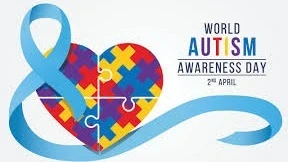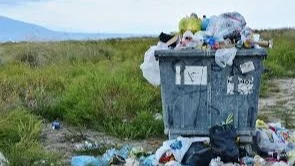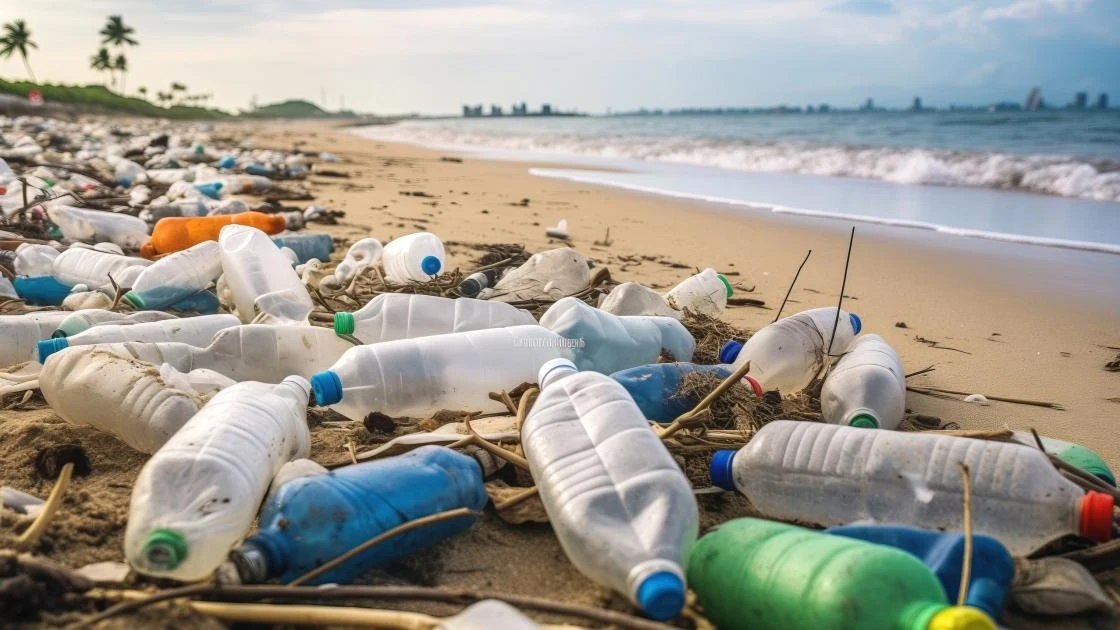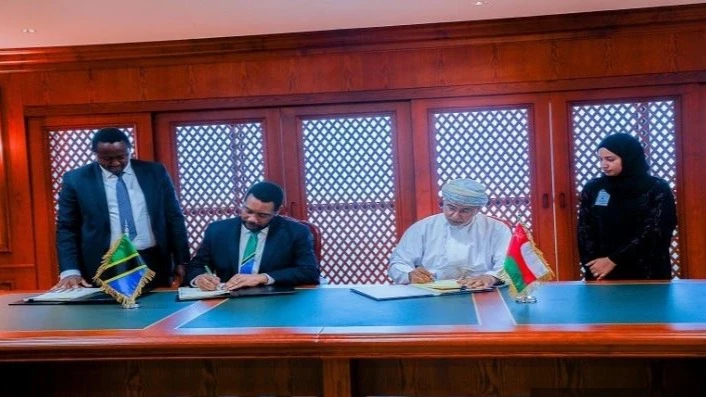Even a little care can make a difference in tough times

WHEN it comes to the handling of diseases, there just can be no end to scientific research and follow-up analyses of whatever findings experts come up with and the interventions the national and international agencies overseeing the health sector devise and make.
Similarly, the media just cannot desist from keeping relentlessly abreast of developments associated with the sector.
A case in point relates to autism, a health condition The Guardian has kept ‘visiting’ whenever it felt opportune to do so, given the trail of harm and misery it leaves behind whenever and wherever it strike.
For example, in several columns similar to this we have penned in recent years, we have felt compelled to devote our comments exclusively to the lot of children with autism.
These children have both directly and indirectly been crying out for largely elusive for support and care, apparently with demand for expert and other attention having long outstripped their capacity by far.
There was once the case of the Dar es Salaam based World Federation Autistic Day Care Centre (WFADCC) speaking on the daunting challenges it was contending with.
The occasion was a memorable parents’ visiting day, which was appropriately coloured by a fancy fashion show where children with the medical condition were the main players.
These are times when most people’s attention is often automatically drawn to deadly or debilitating diseases like malaria, cancer, diabetes, TB and Aids, while some “less violent” ones to go largely unnoticed.
Experts describe autism as a complex set of neurobiological disorders which typically last throughout a person’s lifetime but which, despite the life-long plight of those they afflict, fall under the second category.
This is sad because it is confirmed that early professional intervention can expose those with the condition to a normal development process.
WFADCC’s managing trustee, a consultant physician, aptly underscored the need for society to help mitigate the havoc that autism can cause on children and the larger society.
Autism disrupts social and communication skills, implying an impaired ability to read, move around and manage various other social cues.
Its incidence in the US is approximately one out of every 150 births. It is also reported that a new case is diagnosed with autism almost every 20 minutes and that more children will be diagnosed with autism than with Aids, diabetes and cancer combined.
As if these statistics are not gloomy enough, it is said that there is no medical detection or cure for autism and that the condition receives less than five per cent of the research funding of many less prevalent childhood diseases.
Experts say that, although there is no single cause or cure for the condition, it is quite possible to help people with autism into leading a normal life.
Children cared for at Dar es Salaam’s WFADCC were said to have special needs and face a range of difficulties relating to day-to-day social skills, communication, behaviour, imagination, sensory perception and learning.
The disability is described as a nightmare to many parents and guardians, all of whom benefit from the services of the likes of the Dar es Salaam care centre – but not how many capable of helping really care?
As only focused and selfless community action could stand as an adequately effective intervention, we must all make that intervention effectively forthcoming because no one can tell who, when, where and how autism will next strike.
Top Headlines
© 2025 IPPMEDIA.COM. ALL RIGHTS RESERVED

















